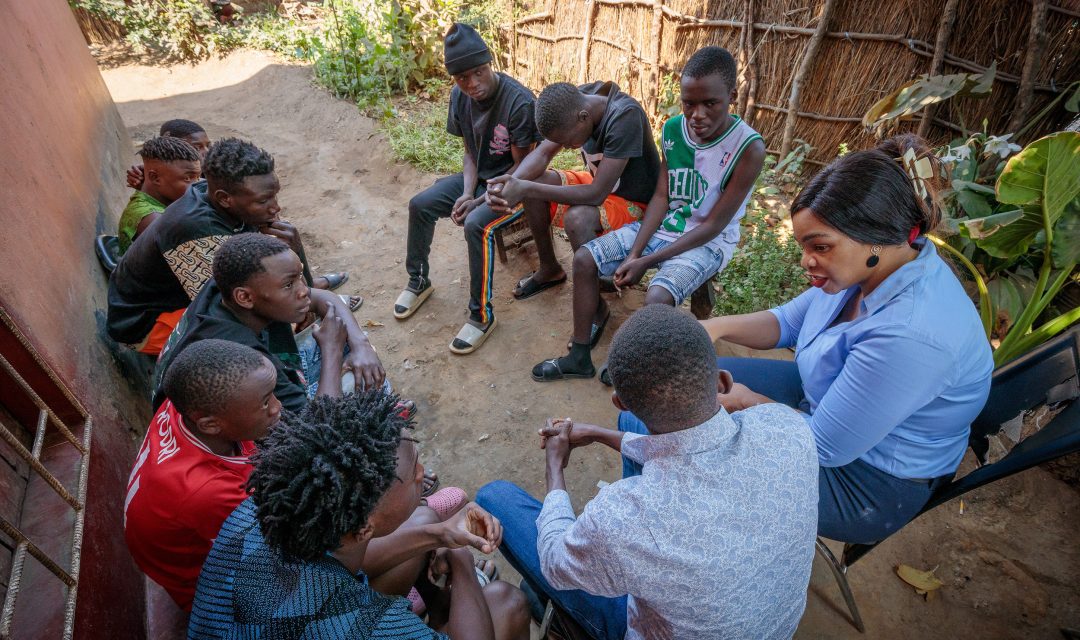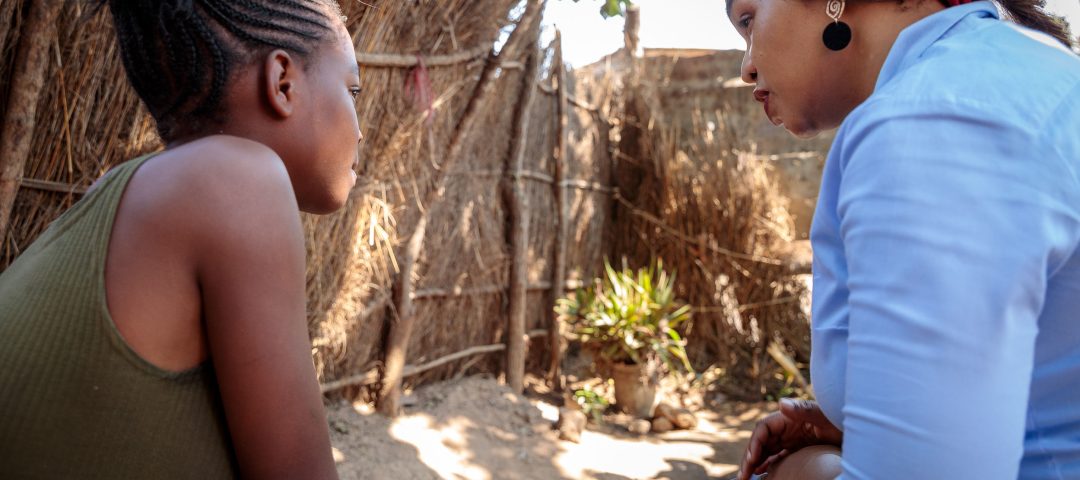Social Support
In 2019, UP Zambia recognized that children in contact/conflict with the law need more than just legal representation. This realization led to the formation of the Social Support Team, aimed at addressing the broader root causes and psychosocial needs of the children in contact/conflict with the law.
Through research conducted under the Shield Project across the 10 Provinces of Zambia, UP Zambia’s Social Support Team observed that an estimated 80% of children entering the criminal justice system struggle with substance abuse, lack stable family support, and face challenging social and economic conditions.
While in detention or correctional facilities, children are often held in overcrowded facilities, often shared with adults, and lack access to basic services and essential provisions. These conditions significantly increase their risk of developing mental health disorders and exhibiting complex psychological challenges. Upon release, most children receive little to no support for reintegration, face stigma and rejection from their communities, and are therefore at a heightened risk of re-offending, perpetuating a cycle of vulnerability.
Through its Prevention, Rehabilitation, Reintegration, and Follow-Up (PRRF) Approach, UP Zambia supports children in contact/conflict with the law by conducting holistic assessments to identify root causes of their behavior. The program provides individual counselling, family support groups, and opportunities to participate in sports and art-based therapy, while also facilitating linkages to education and skills development. These interventions are designed to support children’s successful reintegration after release from detention or correctional facilities and to reduce the risk of reoffending.


